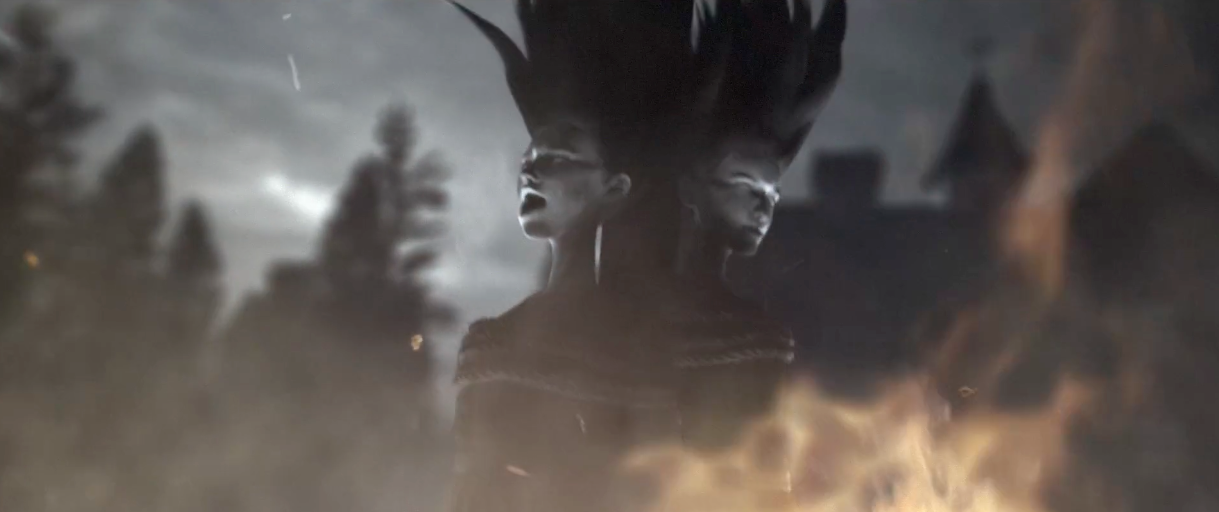J.K. Rowling's 'Native American Magic' Is Backfiring Horribly

By:
"Harry Potter" author J.K. Rowling has been an outspoken advocate for social justice and racial equality in the past. However, her newest story has come under fire for its use of Native American culture.
The author's most recent wizarding tale, "History of Magic in North America," was released on the website Pottermore on Tuesday, and describes indigenous wizard communities dating back to the 14th century. A trailer promoting the stories is also available online. Motionographer - motionographer.com
Motionographer - motionographer.com
Readers have criticized Rowling for appropriating Native American culture and making broad, racist generalizations about real traditions and cultural practices. Cherokee scholar and blogger Dr. Adrienne Keene explained why she took issue with Rowling's stories in a blog post and on Twitter:
Other readers shared Keene's concerns about Rowling's treatment of Native cultural practices, and voiced frustration that Rowling's story would drown out real Native American ones.
Rowling's critics pointed out that the author sloppily borrowed from Navajo skin-walker legends and used them as a plot device.
Keene faced massive Twitter backlash from "Harry Potter" fans.
When Keene's tweets picked up steam, she received a barrage of angry tweets accusing her of taking the fantasy story too seriously.
She also allegedly received a personal attack over email.
Pop culture has a long history of using Native Americans as props.
As ATTN: has previously reported, Hollywood has appropriated and misused Native American culture in numerous mainstream films.
You can also observe Native American cultural appropriation at its most slapdash in Halloween costumes and the headdresses commonly worn at outdoor music festivals.
While pop culture often gets it wrong, it's worth noting that it occasionally gets it right. ATTN: editor Nicole Charky praised "The Revenant" for creating a powerful story that allowed her to reconnect with her own heritage. She wrote:
"I like to think that this film exists to give people like me a little more hope, and remind me of the ancestors I had — who although I'll never fully know what they might have been like, or what their customs, foods, language, or struggles were — that they might stay alive with me."
